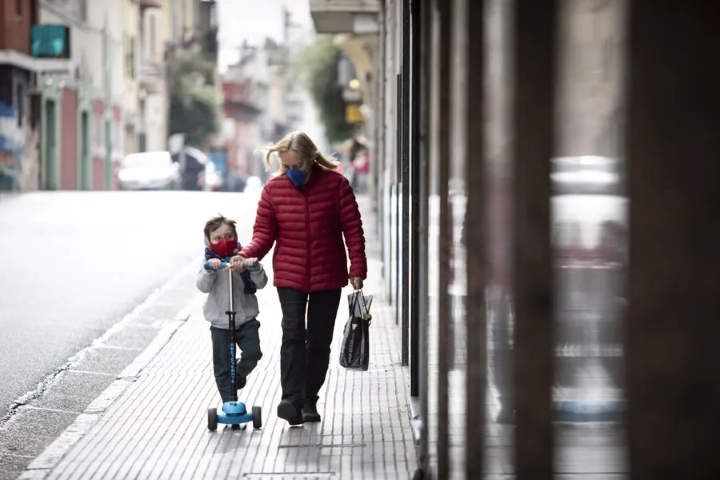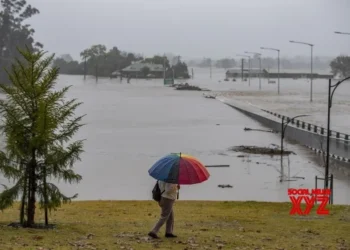A team of researchers, including one of Indian origin, believes that the risk of post-acute sequelae of SARS-CoV-2 infection (PASC), or long Covid, in children appears to be lower than what has been reported in adults.
However, their study, published in JAMA Pediatrics, emphasised that more children have long Covid than those kids who are hospitalised with acute Covid-19.
“We concluded that many of the symptoms children experience post-Covid-19 are similar to what is seen in adults, but there are some features more unique to children, such as myocarditis, abnormal liver enzymes, hair loss, skin rashes and diarrhea,” said researcher Suchitra Rao from the Children’s Hospital, Colorado.
While the presentation has some overlap compared with adults, distinct features exist in children. The risk for PASC appears to be higher in children younger than five years of age, those with medical complexity and those admitted to the intensive care unit with their initial Covid-19 infection.
For the study, the team used electronic health record data of 659,286 children who tested for SARS-CoV-2 and compared 59,893 children who tested positive with those who tested negative.
The team conducted a multistate analysis using EHR data of children and people younger than 21 years of age who underwent testing for SARS-CoV-2 at one of eight paediatric health systems in the country.
Clinicians identified conditions, symptoms and medications associated with PASC in the one to six months following testing. Out of 660,000 children who underwent testing, 9 per cent were positive and most were tested as outpatients.
Symptoms most strongly associated with infection included changes in loss of smell and taste, hair loss, chest pain, abnormal liver enzymes, skin rashes, fever and chills, fatigue, and malaise. Conditions most strongly associated with infection included myocarditis, acute respiratory distress and myositis.





















